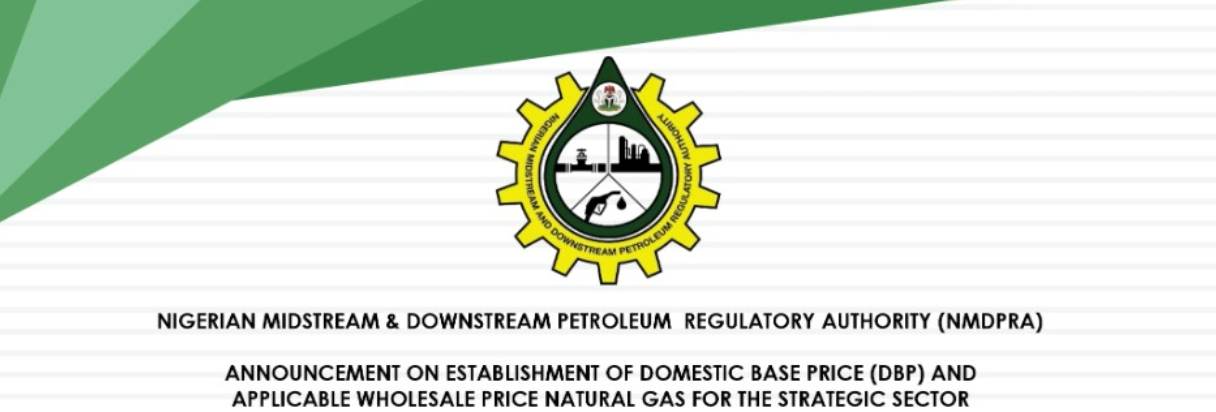
The Nigeria Deposit Insurance Corporation (NDIC) has clarified why the call for the upward review of the current maximum coverage limits for depositors may not be necessary for now.
Managing Director/Chief Executive, NDIC, Mr Bello Hassan made the clarification today at the Second Batch of Seminar for the financial journalists and other stakeholders currently holding in Gombe State.
TheFact Nigeria reports that the Corporation had successfully reviewed upward the coverage limits from N50,000 at inception in 1989 to N200,000 in 2006 and N500,000 in 2010.
Meanwhile, Mr Hassan noted that participants at the Ibadan workshop were very critical that the coverage limits were not only small but required an urgent upward review in order to engender stronger public confidence in the banking system.
He however, said, “much of the concerns are predicated on the lack of adequate understanding of the principles, rationale and realities that informed the determination of our coverage limits.
“It is in that respect that we urge the media through this forum to make Nigerian depositors aware that the NDIC’s maximum coverage limits of N500,000.00 per depositor per commercial, merchant and, non-interest bank, primary mortgage bank and mobile money operator, as well as N200,000.00 per depositor per microfinance bank remain the most adequate and robust in the world”, he said.
The NDIC boss said, the limits were not only adequate, they are also consistent with the extant provisions and recommendations of the International Association of Deposit Insurers (IADI) in its Core Principle for Effective Deposit Insurance System on the determination of coverage limits.
“The IADI Core Principle No. 8 on coverage limits specifically requires that the thresholds should be limited, credible with the capacity to fully cover substantial majority of bank depositors while the rest remain exposed to ensure market discipline.
“Deposit insurance coverage should also be consistent with the deposit insurance system’s public policy objective”, he added.
The MD said, the coverage limits were not designed to be static but subject to periodic reviews to ensure that they are consistent with the public policy objectives of the Deposit Insurance System.
“The Corporation successfully reviewed upward the coverage limits from N50,000 at inception in 1989 to N200,000 in 2006 and N500,000 in 2010.
“In the same vein, the Corporation invites you to note that in 2016, 2017, 2018 and 2019, the total number of accounts in the deposit money banks stood at 83.0 million; 99.1million; 112.0 million and 128.4 million respectively.
“Out of these numbers, the N500,000 coverage limit fully covered 99.4%; 97.6%; 97.5% and 97.6% of accounts, respectively. What these figures entail is that only less than 3% of accounts/depositors are not fully covered by the prevailing coverage limits.
“The implication of this is that in the event of failure of a bank, above 97% of depositors would be fully covered by the Corporation.
“From the foregoing statistics, it could be observed that the Corporation’s deposit insurance coverage limits are not only adequate but robust enough to engender confidence in our banking system”, he said.








































